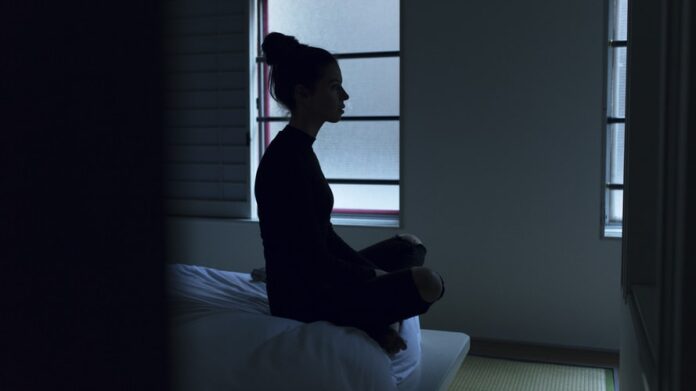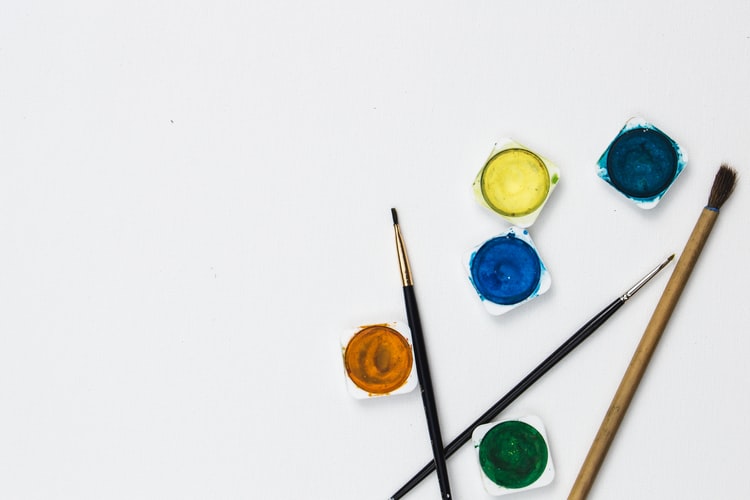
Losing sleep from time to time may not be a big problem if it happens a few times a year. We usually have issues with falling asleep when we are worried about something or we are too excited. These are the situations that everyone goes through once in a while. However, if it happens all the time, it may start causing issues in your overall functioning and it requires medical attention.
1. Get to know your triggers

It may be useful for you to think about the situations or events that trigger your insomnia. Is it work-related or is your love life giving you a hard time? If you are worried about the specific thing in life and you manage to pinpoint, dealing with the issue that troubles you may be the way to fight your insomnia.
2. Stick to a schedule

If you go to sleep one night at 9, other at midnight and then the next one at 11, your body will start to complain. You won’t be able to sleep no matter how hard you try. This is why it is necessary to go to bed every night at the approximately same time even if you don’t feel sleepy. After a while, you will notice that it will take less and less time for you to fall asleep.
3. Exercise

Exercise a few times a week for at least half an hour because this way you will release all the tension, improve your health, and feel more relaxed altogether. Avoid exercising right before bed because it may make your problem even worse. Yoga poses for better sleep are the only ones that you can practice right before you head to bed.
4. Establish a routine

The usual routine for most people before going to sleep is endlessly scrolling on their smartphones and reading news or the things to do the next day. If you are one of those people, this is something you should try to change. Reading the news may disturb you and impact your sleep even more. On the other hand, having a bubble bath will relax you and help you release all the negativity that got piled up during the day.
5. Try essential oils

Essential oils have many positive effects on our health and lavender oil is known for its relaxing properties. You can add it to your bubble bath, put a drop or two on your temples or spray a little on your pillow. Other essential oils that are also very beneficial are valerian oil, clary sage, sweet marjoram, and Roman chamomile.
6. Reduce caffeine

We tend to drink coffee every chance we get to be able to do everything we scheduled for the day. However, too much caffeine may have a significant impact on the quality of your sleep. Avoid having coffee or tea in the afternoon and then monitor your reactions. You don’t have to give up your morning coffee, but having more than 3 coffees a day may be too much. Instead, opt for a chamomile tea or warm milk in the evening.
7. Keep a journal

Some people see a great improvement after writing their worries down in a diary. It can be a part of your mental hygiene. Leave all the negative emotions on the piece of paper and let it keep your secrets and worries. You will feel like a weight is lifted off your chest, so it will be much easier to fall asleep and relax.
8. Talk to a professional

If none of these things seem to help you, you can talk to experts who are completely familiar with the ways that insomnia can impact your health and show you ways to cope with it better. Sleep deprivation can have a significant impact on your behavior making it harder for you to deal with emotions, everyday obligations, and find the appropriate way to deal with the consequences. If you are tired of staring at the ceiling every night, click here e-counseling.com
9. Address the health issues

In some cases, the reason behind insomnia is physical such as chronic pain, endocrine problems, gastrointestinal problems, or any other medical problem. If you have been dealing with these issues for a while and they have a big impact on your sleeping cycle as well, you should talk to your doctor about the change of medications and the treatments. In case you don’t have a diagnosis, it is necessary to do all the necessary analysis, so you can have a better understanding of your overall health.
10. Find a hobby

Lack of sleep doesn’t have to turn into endless watching of the TV or spending all your time on the internet. It can be productive and fun. Once you notice that you are having trouble falling asleep, get up, and engage in the activity that gives you joy. That can be reading or learning a new language – let your creativity run wild. Use all this time to do something that will inspire you and simply start looking at your insomnia from another angle. Looking at it as a chance to do more for yourself may take some pressure off your desire to tackle the problem.
There is a great chance that once you stop thinking about insomnia as a huge problem, a part of the frustration will go away, making it easier to fight the issue. Open your mind towards all the solutions, try out each one and give yourself the time to see what suits you the most. We are sure that our tips will help you cope with insomnia, making it the thing of the past. It is just important to objectively assess the reasons that are keeping you up and deal with them one at a time. Use all the help you can get – from the experts and doctors to nature and relaxing activities. Give yourself the chance to relax and enjoy a blissful sleep.








